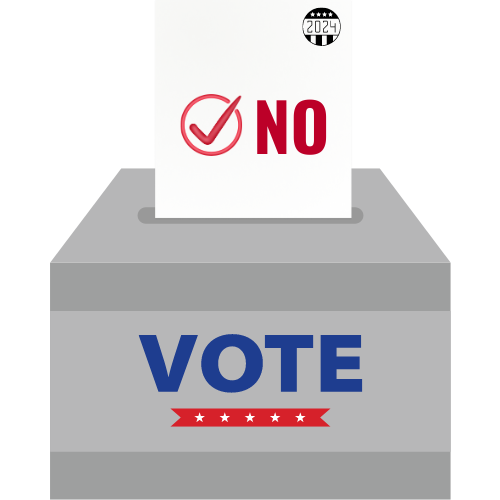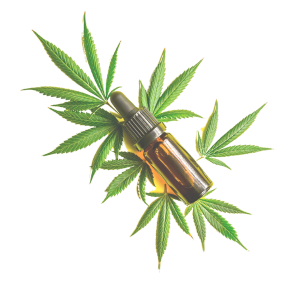Just vote ‘NO’ on Amendment 3
Amendment 3 on the November ballot may not be good for medical marijuana patients so it is important that you are fully informed.

Amendment 3 on the November ballot may not be good for medical marijuana patients so it is important that you are fully informed.


Ballot text: Adult Personal Use of Marijuana Allows adults 21 years or older to possess, purchase, or use marijuana products and marijuana accessories for non-medical personal consumption by smoking, ingestion, or otherwise; allows Medical Marijuana Treatment Centers, and other state licensed entities, to acquire, cultivate, process, manufacture, sell, and distribute such products and accessories. Applies to Florida law; does not change, or immunize violations of, federal law. Establishes possession limits for personal use. Allows consistent legislation. Defines terms. Provides effective date

Here are some specific supporting cases from other states that have legalized recreational marijuana which could help support these statements for Florida:
Vote NO on Amendment 3

Vote NO on Amendment 3